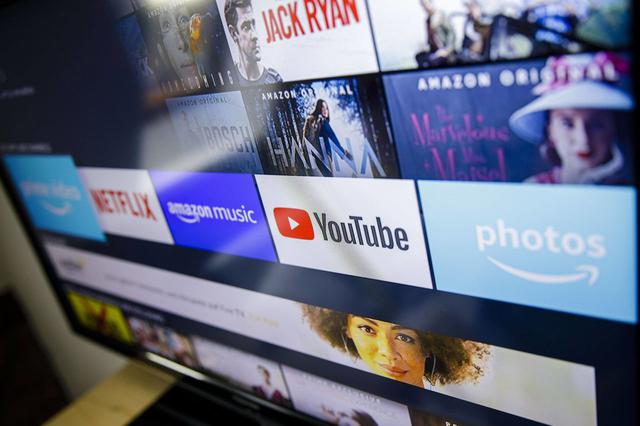As marketers continue to allocate more dollars to streaming video platforms, ad fraud remains a prevalent industry wide issue especially with programmatic buying. Blockboard, was launched last year with the purpose of providing the video industry with greater accountability in uncovering ad fraud. The company uses blockchain technology to detect non-human interaction on digital video platforms.
With more ad supported content migrating online, marketers are allocating more of their ad budget to digital video platforms. A recent report from the Interactive Advertising Bureau with Standard Media Index and Advertiser Perceptions found that 73% of marketers are expected to allocate ad dollars away from linear TV and toward CTV and OTT platforms. As a result, digital video ad spend is projected to grow 26% to $49.2 billion in 2022, compared to 2021.
When asked about the method of buying CTV ads, the report found that in the past year 63% used publisher direct buys via a sales rep, 61% used direct programmatic buying from private marketplace deals and 38% cited publisher direct, self-serve deals. It is in open market programmatic buying that ad fraud is more prevalent compared to direct ad buys.
To find out how Blockboard uncovers fraud, we asked executives questions on their approach to detecting ad fraud in the streaming video marketplace.
How prevalent is fraud in OTT, CTV and streaming video advertising?
Unfortunately, fraud has been in the OTT, CTV, streaming video space since those technologies and distribution methods have been around. In our space, with a lot of advertising spend it’s very tempting to be a bad actor. Fraud is such a big issue that there are no less than a dozen ‘fraud detection’ companies that have become de facto requirements to be included on any digital plan. We have come to a point where the industry simply accepts the fact that: fraud happens, we have to hire extra companies to tell us about the fraud, we must factor in wasted spend. We simply reject that. We’ve made it our mission to eliminate fraud in any of our advertising partner’s campaigns and the immediate value is that there is no waste.
MORE FOR YOU
How To Become A Translator
CNN’s John Berman: Arizona ‘Sham Audit’ Proves Donald Trump ‘Even Bigger Loser Than The First Time’
‘Cut Him Off, Cut Him Off Now!’ Newsmax Anchor Ends Interview When Guest Criticizes Donald Trump
What have been the biggest challenges in detecting fraud?
What product categories and media platforms are more susceptible to fraud than others?
Programmatic. Long tail inventory.
What are the best practices Blockboard uses that separates them from their competitors in detecting fraud? How does Blockchain validate their findings?
We use a process that we call the Confidence Framework which effectively uses technical solutions at various stages. First, we start by working only with premium publishers - this alone sets the advertiser up for business success by having only real human audiences against quality content. Next, we pre-vet each impression at the ad call through a smart contract via blockchain. Lastly, we are filtering out any impressions that did not fit the campaign KPIs. We are a clear plexiglass box in a black box world. We are 100% transparent and will share granular level detail by impression that gets stored in the blockchain. Think of it this way: in math class in high school, it wasn’t enough to show you had the right answer - you had to show your work in how you arrived at that answer. Blockboard shows its work.
What are the solutions Blockboard uses to prevent fraud from happening in the future?
Blockboard’s platform is built on blockchain technology which is a transparent ledger between ourselves and the permissioned advertising partner. When impression data is delivered, it is written in a block that is not editable by any party. This transparency of the immutable ledger of impression data allows for transparency in every impression delivered.
Who are Blockboard’s clients?
We work with advertising partners across the spectrum - anyone who needs assurance their message is being delivered to their target audience and that their investment is secure comes to us. Right now, it includes performance agencies, national brand agencies, performance advertisers directly as well as large brands directly. We work with clients who need hyper local help for awareness (political campaigns, local car dealerships) all the way to brands who need to improve foot traffic through a national chain.




